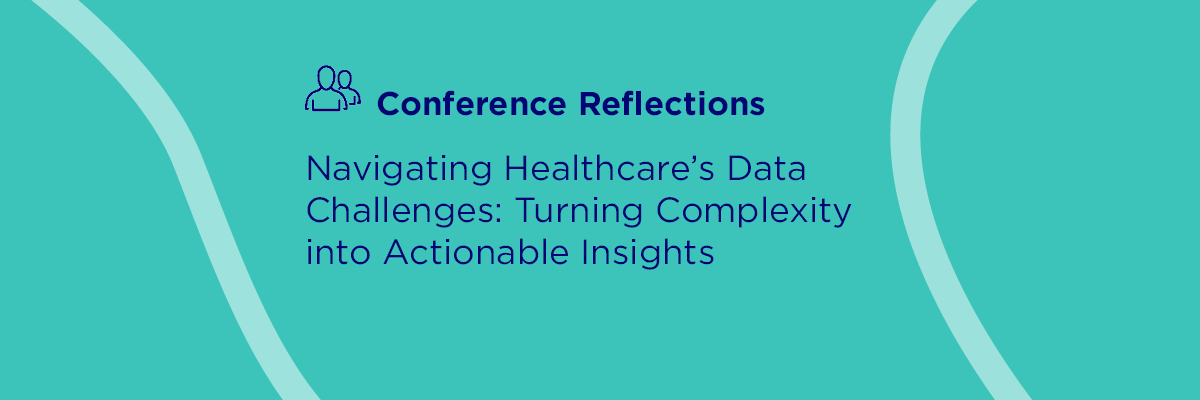Data is a powerful tool for improving patient outcomes and driving organizational efficiency in healthcare. However, as discussed at this year’s RISE West conference, many healthcare professionals face challenges in managing data complexity—whether it’s too much information or delays in accessing actionable insights. Without effective data utilization, opportunities for better care and cost reduction are lost.
The Complexity of Healthcare Data
Healthcare organizations collect massive amounts of data from patient records, device usage, mobility data, and more. The challenge is not in gathering this data, but in extracting meaningful insights. Without the right tools, this overload can delay decision-making and hinder care improvements.
The goal is to transform raw data into clear, actionable insights that guide care decisions. Data should serve payers and providers by simplifying complexities, not adding to them.
Bridging the Gap Between Data and Insights
To fully harness healthcare data, organizations need tools that offer more than just access—they need meaningful insights. For example, data on patient behaviors, device interactions, and incidents can provide a full picture of a patient’s well-being and risks. Presented in an accessible format, this data helps care teams identify trends and intervene before minor issues escalate.
Solutions like Connect America’s CareSage Analytics and Reporting Platform simplify complex data by offering real-time, HIPAA-compliant insights. This empowers healthcare teams to reduce hospitalizations and support member wellness, making data a valuable resource for proactive care.
Predictive analytics enables healthcare payers and providers to anticipate risks and take preventive action. By analyzing data patterns—such as mobility and fall events—they can forecast hospital admissions and intervene early.
CareSage’s algorithms generate risk scores for hospitalizations, helping care teams prioritize interventions. This proactive approach benefits both patient care and organizational efficiency.
Proven Impact on Reducing Hospitalizations and Costs
The impact of data-driven insights is well-proven. An IRB-approved study found that pairing Personal Emergency Response Systems (PERS) with the CareSage platform resulted in a 68% reduction in 90-day readmissions, a 53% reduction in 180-day readmissions, and a 31% decrease in hospitalization costs. These results show how actionable data can significantly improve care while reducing costs.
A Path Forward for Data-Driven Healthcare
The challenges highlighted at RISE West reflect broader industry issues. Data has the potential to transform care, but only when it’s presented in a way that is accessible, actionable, and timely. Platforms that turn complex data into clear insights help payers and providers improve care delivery, reduce hospitalizations, and manage costs more effectively.
Turning Data into a Strategic Asset
As healthcare continues to evolve, data will remain crucial in improving patient outcomes and driving efficiency. Healthcare stakeholders must go beyond data collection and focus on using it strategically. Solutions like CareSage can help organizations turn information into actionable insights, allowing them to make informed, timely decisions for the benefit of both patients and operations.

